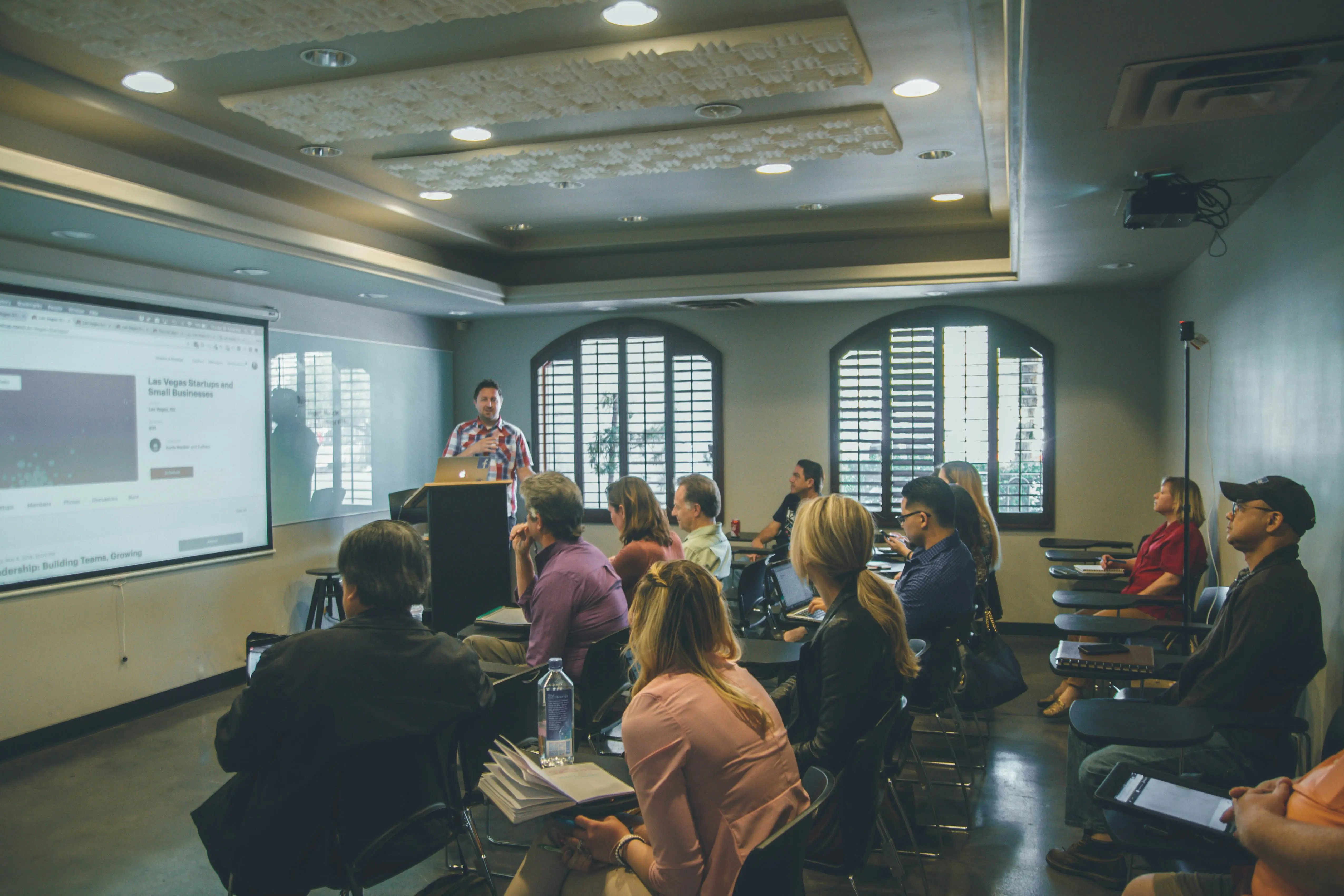Teaching With Chocolate And Creativity

Pierre Gönczy, a leading professor at the École Polytechnique Fédérale de Lausanne (EPFL), is redefining scientific education with his interactive and engaging teaching methods. Gönczy, who heads the Cell and Developmental Biology Lab at EPFL, believes in making learning both fun and insightful.
Reflecting on his student days, Gönczy describes his time at the University of Geneva as both enjoyable and challenging. He fondly recalls immersing himself in a thousand-page biochemistry textbook—a true testament to his dedication. His educational journey led him to Rockefeller University, where he pursued a PhD, and later to a postdoctoral position in Germany, studying cell division mechanisms.
It was during his postdoctoral work that Gönczy discovered his passion for research, particularly in understanding how cells divide. His career path eventually brought him back to Lake Geneva, where he joined the ISREC cancer research foundation and later EPFL. Alongside his research, he embraced teaching with enthusiasm, drawing from his early days of tutoring and teaching math during a gap year.
At EPFL, Gönczy's classes are far from traditional. He employs unconventional techniques, such as rewarding students with chocolate bars for excelling in pop quizzes and organizing hands-on field trips. These activities not only engage students but also equip them with transferable skills, like critical reading and the ability to discuss scientific literature effectively.
Gönczy likens his role as a teacher to that of a storyteller, captivating students with structured lectures that encourage participation and creativity. His mission is to enhance scientific education in Switzerland, making it more inclusive and accessible. As part of these efforts, he helped launch the EPFL Immersion Week, a program aimed at improving scientific reasoning among schoolteachers and, by extension, their students.
Through these innovative approaches, Gönczy hopes to empower students and equip them with the skills necessary for both academic and real-world success. “At the end of the day, that’s what will keep our democratic system on track,” he emphasizes, highlighting the broader impact of a scientifically literate society.